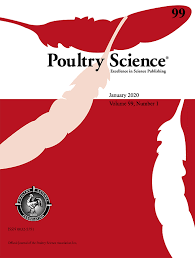Document type: Scientific article published in Animals
Authors: Lauren Brubaker, Katy Schroeder, Dawn Sherwood, Daniel Stroud, Monique A. R. Udell
Preview: While human benefits of animal-assisted therapy programs have been documented, relatively little research has been conducted on behavioral factors that predict a successful equine-assisted services (EAS) horse. This study compares the behaviour of experienced and non-experienced EAS horses as well as horses selected for future EAS work in a series of sociability and temperament tests. No significant differences were found between experienced and non-experienced horses in the sociability measures or for most of the temperament tests; however, significant differences were found between groups in the brushing test, with non-experienced horses showing more affiliative behaviors towards the familiar handler and unfamiliar persons. No significant differences were found between selected and non-selected horses in the temperament tests. However, non-selected horses were found to show significantly more affiliative behaviors towards a familiar person during a sociability test compared with selected horses. These findings suggest that the social behavior and temperament of EAS horses may not be significantly different from other available horses not selected for EAS work. Instead, these decisions may primarily reflect subjective impressions of fit. Interestingly, on measures where significant differences were identified, the horses not actively engaged in or selected for therapy were the ones that showed greater affiliative responses to familiar and unfamiliar humans. Reasons for why this may be, as well as future directions in EAS selection, are discussed.






